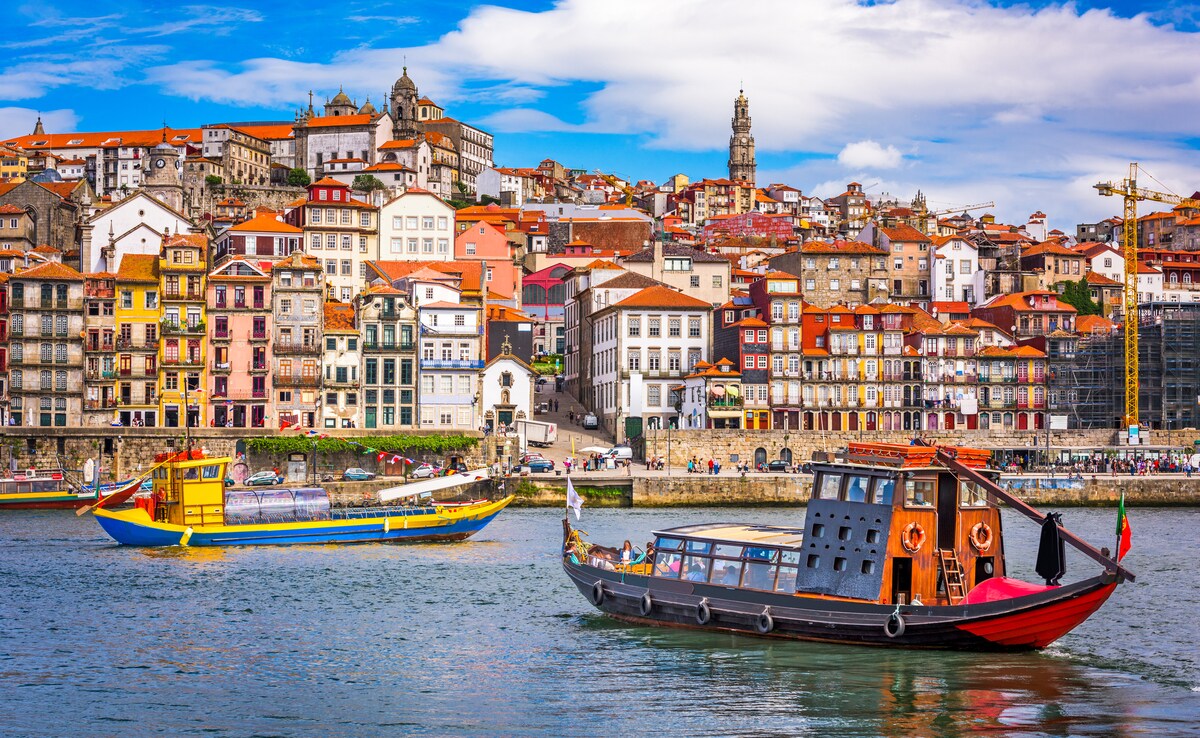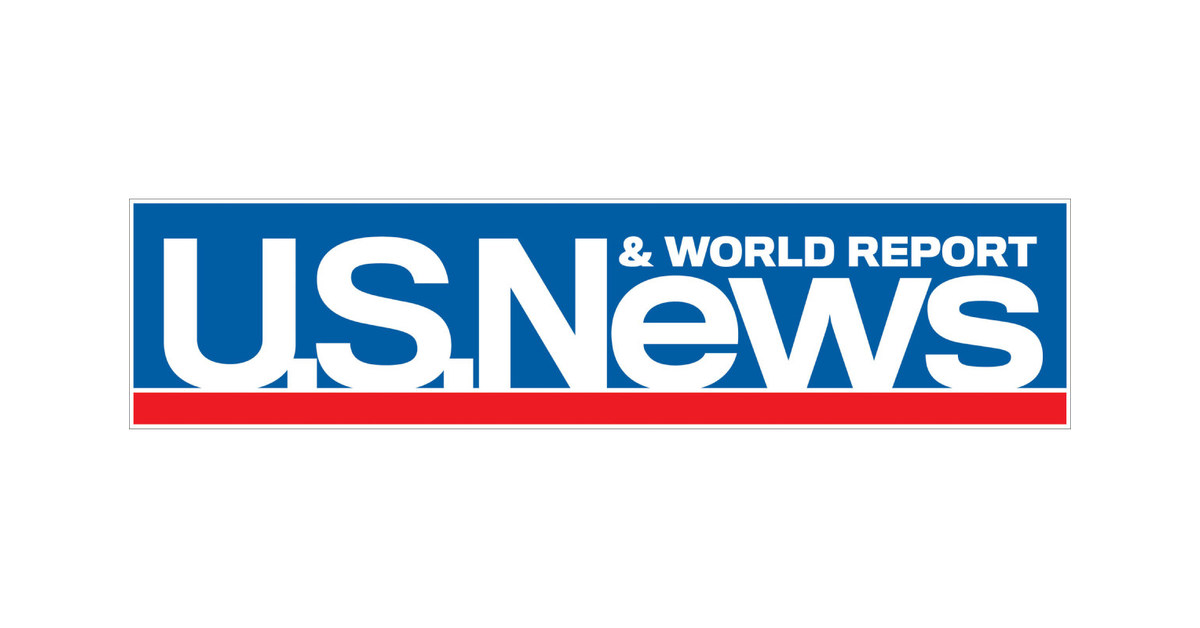Infra
At the G20, economists highlight the urgency of infrastructure investment in Africa

INFRASTRUCTURE
At an event promoted by the G20 Finance Track, experts identified bottlenecks and priorities for leveraging Africa’s development. Climate change adds urgency to actions for the continent’s development.
10/16/2024 7:00 AM – Modified a month ago
Even though the African continent is larger than two of the world’s major powers, China and the United States, it only holds 4% of the world’s infrastructure stock. Data presented by Hannah Ryder, economist and CEO of Development Reimagined, reveals the urgency of expanding the possibilities for infrastructure financing to boost actions for the region’s development.
The expert discusses the challenges of transporting goods and the need for them to be carried out by sea between the countries of the region. Hannah explains that the lack of logistics capacity in countries’ ports and highways makes commercial transactions extremely expensive, significantly impacting their growth. “There are significant funding gaps and filling these gaps is difficult for the countries. The stock of infrastructure they need to build is much larger than the economies themselves,” she said.
According to Hannah, a study by Development Reimagined on the infrastructure scenario in 21 African countries estimated that US$106 billion and US$149 billion will be needed to fill the gap in order for these nations to meet the United Nations’ Sustainable Development Goals. She points out that the major challenge is that improving the situation in these countries still is a responsibility of the local governments and that the multilateral development banks need to increase their infrastructure financing on the continent.
According to Hannah, a study by Development Reimagined on the infrastructure scenario in 21 African countries estimated that US$106 billion and US$149 billion will be needed to fill the gap in order for these nations to meet the United Nations’ Sustainable Development Goals. She points out that the major challenge is that improving the situation in these countries still is a responsibility of the local governments and that the multilateral development banks need to increase their infrastructure financing on the continent.
Ryder also identifies the limited resources allocated by the Bretton Woods institutions to the continent as a problem, as well as the fact that current financing models do not work for African countries due to several historical challenges. “African governments are left on their own to deal with this issue. Serious international efforts are lacking to meet Africa’s infrastructure needs,” said the economist.

Unified strategy for development
Eric Ntagengerwa, Head of the Transport and Mobility Division at the African Union, understands that African countries need to move towards a unified and strategic approach to infrastructure investment. For the engineer, the challenge is not only limited to the volume of investments, but also to how the 55 countries that comprise the forum prepare for and approach these opportunities. “We are encouraging countries in Africa to work together on larger projects, regional projects,” he said.
Ntagengerwa mentioned that there are ongoing initiatives for a broad infrastructure development project, which aims to increase the efficiency of investments and promote greater integration between African nations. He reinforced the importance of developing a smart economic infrastructure that not only promotes integration and development but also contributes to reducing greenhouse gas emissions.
“We are encouraging countries to have a unified market, enabling African airlines can connect with each other without needing bilateral agreements. With the African Continental Free Trade Area, we will have the opportunity to have more efficient projects that are ready for funders. A smart economic infrastructure will reduce greenhouse gas emissions,” he said.
Optimism in the face of challenges
In the perspective of economist Boitumelo Mashilo, a member of South Africa’s Ministry of Finance, the continent needs to invest in effective partnerships and improvements in economic fundamentals to boost infrastructure development, especially in the face of growing concerns about climate change and the financial challenges faced by many African nations.
“We have our own development goals as a continent. Unfortunately, we find ourselves in conflicting compositions and, in some cases, specifically in Africa, we also have many countries with high levels of indebtedness, and this means that we have to rely not only on our own resources, but on the resources of others,” said the economist.
Despite the delicate scenario, Mashilo is optimistic about the possibilities for development and is counting on partnerships both between countries and with the private sector to achieve infrastructure goals. “We need to improve our macroeconomic fundamentals and our regulatory environment. This is essential; otherwise, we will not attract the necessary funds. Secondly, I think we need to strengthen our pacts for a pragmatic approach to infrastructure,” the expert concluded.
The role of the MDBs
The debates took place during the African Led Debate on Infrastructure, held last week as one of the activities of the Infrastructure working group of the G20 Finance Track. Mariana Davi, from the Ministry of Finance of Brasil, mediated the debates. The debate also included participants presenting actions by institutions related to the African continent: Harold Tavares, Alternate Executive Director for the World Bank; and Mike Selawou, Director of Infrastructure and Urban Development of the African Development Bank (AfDB).
“It is a challenging but exciting time for us to deal with the difficulties. It is important that we see this constructively and positively, not only with physical construction but also digital. The ability to connect people, markets and ideas is what drives progress,” said Tavares.
Translated by PGET-UFSC










